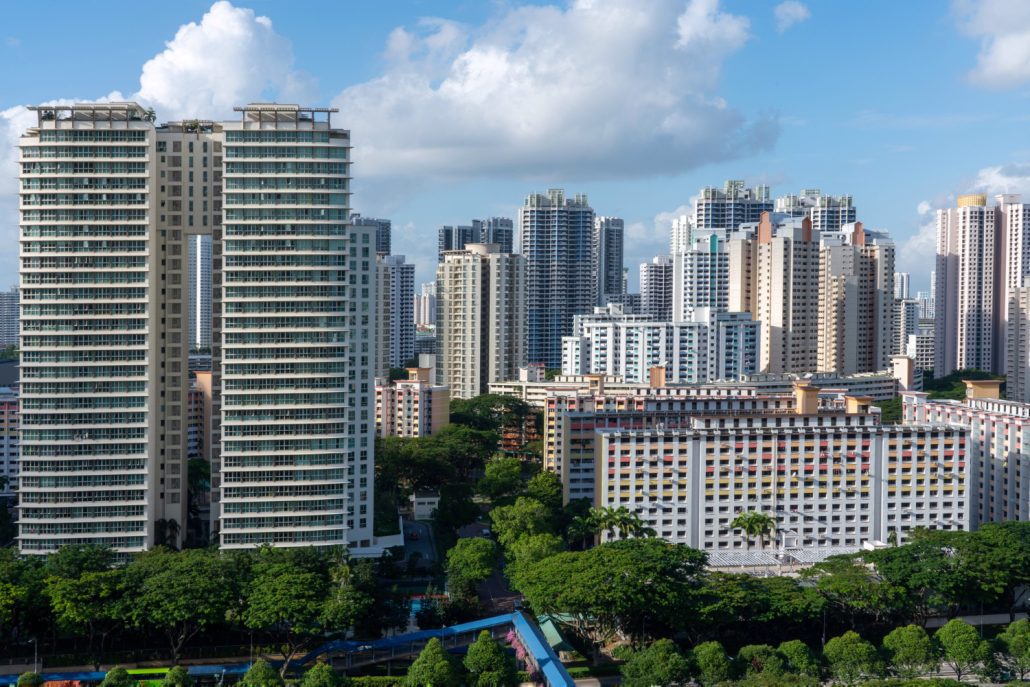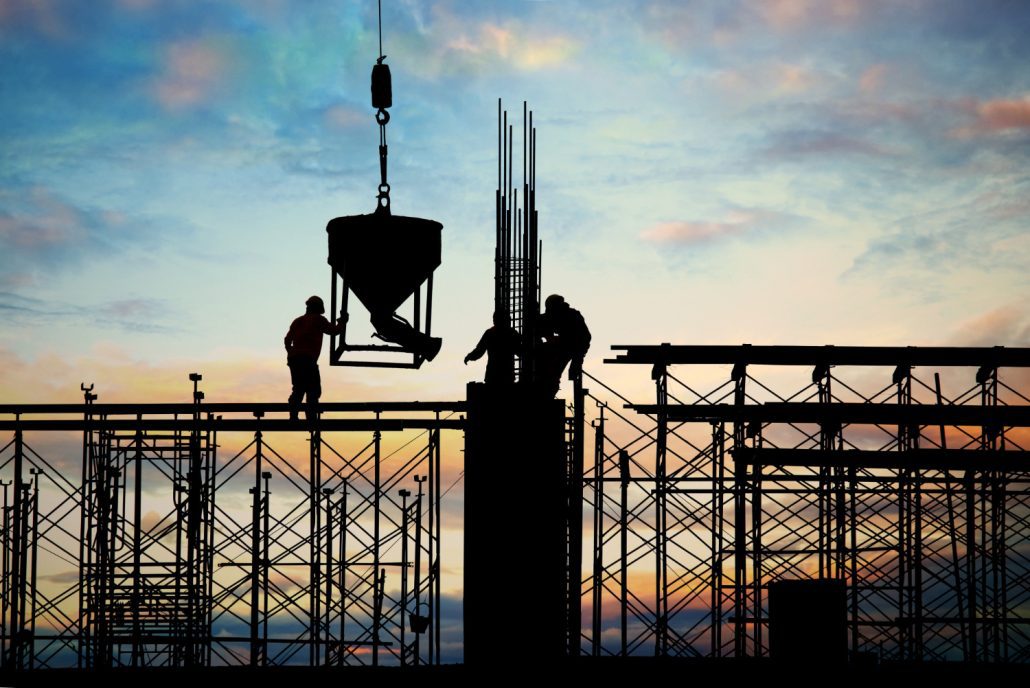As the U.S. tightens its trade stance in 2025 with a fresh wave of tariffs, particularly on goods from China, global markets are bracing for potential fallout. But what does that have to do with housing prices in Singapore?
In a highly interconnected world, trade policies can have a significant knock-on effect on local housing markets, even in a small, globally integrated country like Singapore. From construction costs to mortgage rates, and even buyer sentiment, U.S. tariffs could subtly yet meaningfully shape Singapore’s housing landscape in the year ahead.

1. Why Global Tariffs Matter to Singapore Local Housing
Singapore’s economy is built on trade. The country imports nearly all its construction materials, food, and fuel, and re-exports a significant volume of goods passing through its ports. This high exposure to international markets makes Singapore particularly sensitive to any global trade disruptions.
U.S. tariffs, especially those targeting Chinese exports and manufacturing inputs, can drive up global prices for raw materials and finished goods. The cascading impact of these tariffs may not show up immediately in the housing sector, but over time, they affect everything from development timelines to financing costs and investor confidence.
Example:
In the previous rounds of U.S.-China trade tensions during the Trump administration, steel prices rose globally. Even though Singapore sources steel from multiple countries, the overall upward trend in global steel prices pushed up local construction costs. A similar pattern is expected with the 2025 tariffs.
2. Rising Construction Costs

How Tariffs Affect Construction Materials Globally
The 2025 tariffs include higher duties on steel, aluminium, copper wiring, electronics, and machinery—all key components in the construction and outfitting of residential developments. When tariffs increase prices in major exporting countries, suppliers often pass on costs to buyers globally, not just in the U.S.
Singapore’s real estate developers are already grappling with tight margins due to higher land acquisition costs and compliance with sustainability standards. Add rising material costs to the equation, and developers may be forced to raise selling prices or delay project launches.
Example:
According to EdgeProp, a rise in construction material costs could increase the overall development cost of a condominium project by 3% to 5%. For a mid-sized private development, this could translate to an added cost of several million dollars, which may ultimately be passed on to buyers especially when the developer already has a tight margin to begin with.
Impact on Singapore’s HDB and BTO Supply
While the government subsidizes and controls public housing prices, higher construction costs still exert pressure. The Housing & Development Board (HDB) has a duty to ensure fiscal prudence. If costs rise too steeply, the government may delay certain BTO launches or adjust pricing strategies, especially in mature estates or prime locations.
3. Mortgage and Housing Loan Implications
Inflationary Pressures from Tariffs
Tariffs are inflationary because they raise the cost of imported goods. Higher inflation may lead central banks to raise interest rates to maintain currency stability and purchasing power. For Singapore, whose monetary policy is tightly managed by the Monetary Authority of Singapore (MAS) through exchange rate adjustments, this may still translate to higher borrowing costs due to global liquidity tightening.
Home Loan Affordability Challenges
Singapore’s mortgage rates are closely tied to the Singapore Overnight Rate Average (SORA), which in turn is influenced by global rate trends, especially those set by the U.S. Federal Reserve. If U.S. inflation accelerates due to tariffs and the Fed raises rates, Singapore’s banks will likely follow.
Example:
In early 2023, average mortgage rates in Singapore rose from under 2% to above 4% in just over 12 months, partly in response to global inflation. A similar situation in 2025 could erode borrowing power, particularly for first-time buyers and upgraders.
4. Housing Market Behavior: Buyer Trends to Watch
Potential Boost in Resale Demand
With possible delays or costlier BTO projects, some buyers may turn to the resale market for quicker access to housing. This could boost demand and pricing for older flats, particularly those in well-connected towns like Toa Payoh, Bishan, and Queenstown.
Cautious Buying Behavior
Despite the possible uptick in resale demand, general market uncertainty may lead to cautious behavior. Buyers may delay purchases, hoping for better clarity on pricing trends, interest rates, and economic outlook.
5. Strategies for Homebuyers and Upgraders in 2025
Secure Pre-Approvals Early
Buyers should get in-principle approval (IPA) from banks before committing to a property. Locking in a mortgage early can shield against further rate hikes and offer financial clarity.
Plan for Slightly Higher Costs
Set aside an additional 5–10% buffer in your budget to account for higher construction costs, legal fees, or renovation charges. Inflation doesn’t just affect property prices, it also hits renovation materials and labor.
Consider Long-Term Stability
Rather than trying to “time” the market, focus on housing that meets your long-term needs. Real estate in Singapore remains a fundamentally sound investment, especially in city-fringe and suburban growth areas.
Refinance Smartly
For current homeowners with floating-rate loans, this is the time to evaluate refinancing options. A switch to fixed-rate mortgages—even if slightly higher in the short term—could offer more stability amid volatile interest rate environments.
6. Conclusion
U.S. tariffs may seem like a distant geopolitical issue, but their effects ripple across borders and industries. For Singapore’s housing market, they can manifest in ways buyers might not immediately notice, higher construction costs, pricier resale flats, delayed launches, and tighter mortgage conditions.
In 2025, navigating the property landscape will require a blend of foresight, financial prudence, and adaptability. Whether you’re a first-time buyer, an upgrader, or a seasoned investor, staying informed about global developments and aligning your property strategy accordingly can help you make confident, future-ready decisions.
Want to find the best mortgage rate in town? Check out our free comparison service to learn more!
Read more of our posts below!

